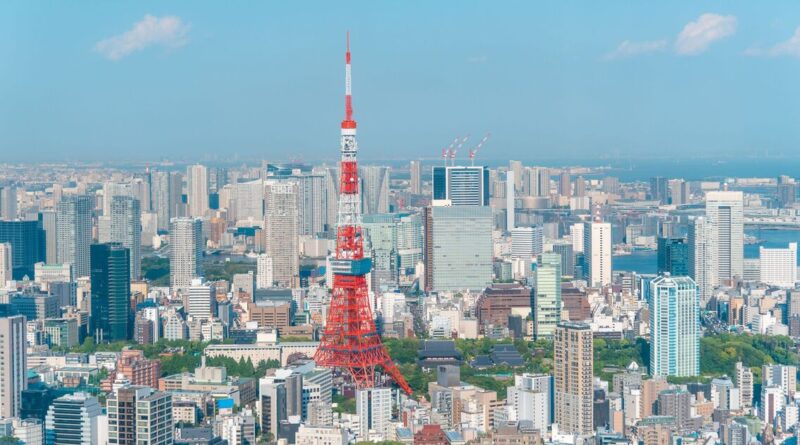Huge country set to make major change on tourist tax as residents make big complaint | World | News
A country that was once regarded as one of the world’s most expensive places is considering introducting a two-tier tourism tax – with a cheaper rate for domestic travellers and locals.
Japan, also given the label as the globe’s most friendliest country, has seen the number of international visitors skyrocket more than sixfold in 2023. More than 25 million visited, according to the Japan National Tourism Organisation.
In a bid to curb the effects of overtourism, the government has already started implementing fees to try and control numbers. People need to pay up if they want to climb Mount Fuji and tourists have been banned from certain private streets in Kyoto’s renowned historic Gion district due to antisocial behaviour.
The reason behind its surge in popularity, it’s believed, is down to the falling rate of the Japanese yen, hitting a 34 year low of 161.2 against the dollar and a nine-year record low of 200.3 against the pound.
The head of the Hokkaido Tourism Organization, Kenji Koganezawa, has called on tourism-related businesses in Hokkaido (Japan’s northernmost prefecture) to set lower prices for domestic tourists and locals.
This comes following reports in local media that Japanese visitors have been left feeling “priced out”, according to The Telegraph.
The mayor of Himeji in the Kansai region in southern-central Japan is said to be considering more than quadrupling the entrance fees to the country’s most visited castle – Himeji Castle – for foreign tourists, who account for about a third of all arrivals.
According to Sora News, he proposed that the country entry fee for tourists should rise from £4.99 (1,000 yen) to £23.65 (4,742.33 yen) and fall to just £3.94 (790.05 yen) for locals.
In recent months Japanese villagers have taken to rather unfriendly tactics to keep tourists out. In May, officials erected a giant eight-foot fence in Fujikawaguchiko, a popular site for tourists taking pictures of themselves with Mount Fuji in the background.
The move was prompted by reports of rowdy crowds dropping litter, being rude to residents and disobeying traffic laws.
Many countries have already implemented forms of dual-pricing, with tickets for museums or national parks being cheaper or free for holders of national ID or residency cards. In Thailand, a two-tier ticket policy is in place for its entire national park network, with international visitors paying five times higher than nationals.
Meanwhile in Cuba, there is an entirely parallel currency to ensure that foreigners pay ten to 20 times more for meals, drinks and transport than locals.
Dual-pricing for food and drink is already said to be in place, with the intention to make it fairer on locals. According to The Telegraph, it has been widely reported that a new seafood restaurant in Tokyo, Tamatebako, charges foreigners far more. One source said a weekday lunch costs 5,478 yen (£29.53) for Japanese residents and passport holders, and 6,578 yen (£35.46) for everyone else.





